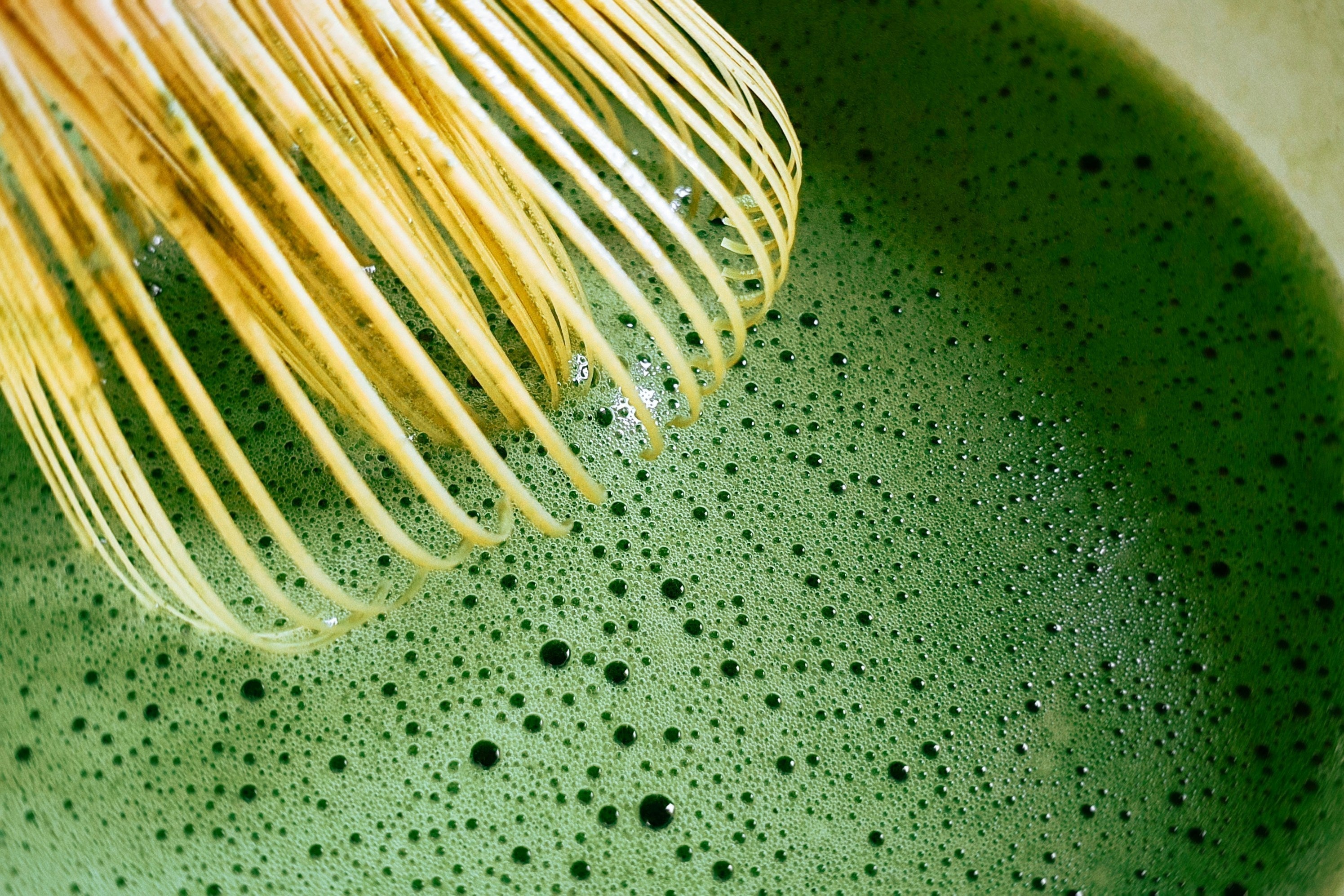From ancient tea ceremonies in Kyoto to trendy lattes in New York, matcha has captured the world’s attention. But this vibrant green powder is more than just a photogenic drink—it’s a powerhouse of health benefits backed by science. Rich in antioxidants, metabolism-boosting compounds, and mind-calming nutrients, matcha is a smart addition to your wellness routine.
In this article, we’ll explore the scientifically supported reasons why matcha is good for you—body, mind, and spirit.
Rich in Antioxidants: Your Body’s Natural Defense

Matcha is packed with antioxidants, particularly catechins, which are natural polyphenols that help neutralize free radicals—unstable molecules that can damage your cells and accelerate aging. Among these catechins, epigallocatechin gallate (EGCG) is the most potent and is present in much higher concentrations in matcha than in regular green tea.
A diet rich in antioxidants helps reduce oxidative stress, which plays a role in the development of chronic illnesses such as cancer, heart disease, and neurodegenerative disorders. By drinking matcha, you’re not only enjoying a traditional Japanese beverage—you’re giving your body a daily dose of protective compounds.
Supports Heart Health: Lower Cholesterol and Blood Pressure

Research suggests that the catechins in matcha can improve cardiovascular health by reducing LDL (bad) cholesterol and triglyceride levels, while increasing HDL (good) cholesterol. EGCG also appears to help prevent the buildup of plaque in the arteries, a key risk factor for heart attacks and strokes.
Moreover, regular matcha consumption may help regulate blood pressure by improving endothelial function (the health of blood vessel linings), resulting in better blood flow and circulation.
Enhances Focus and Calm: The Unique Matcha Effect
Unlike coffee, which can cause jittery spikes and crashes, matcha offers a more balanced mental boost thanks to its unique combination of caffeine and L-theanine—a calming amino acid. L-theanine promotes alpha brainwave activity, which is associated with relaxed alertness and mental clarity.
This synergistic effect helps you stay calm and focused, making matcha an excellent companion for deep work, meditation, or mindful living.
Boosts Metabolism and Supports Weight Management

Matcha has been shown to help increase thermogenesis—the body’s rate of burning calories. EGCG in matcha assists in the oxidation of fat and enhances the effect of moderate exercise, making it a useful tool for those aiming to manage their weight naturally.
Unlike many weight-loss supplements, matcha provides this benefit without the use of artificial stimulants or chemicals. It’s a gentle, sustainable addition to a healthy lifestyle.
Strengthens the Immune System
The polyphenols, catechins, and chlorophyll in matcha all contribute to its immune-boosting properties. EGCG, in particular, has shown antiviral and antibacterial activity against a wide range of pathogens, including influenza viruses and certain strains of bacteria.
By drinking matcha regularly, you may be supporting your body’s natural defenses, especially during cold and flu season.
Natural Detoxification with Chlorophyll
One of the most visually striking components of matcha is its vibrant green color, which comes from chlorophyll. This natural pigment not only helps plants with photosynthesis but also acts as a powerful detoxifier in the human body.
Chlorophyll assists in eliminating heavy metals and chemical toxins, supports liver function, and may even help with skin clarity and health. Since matcha is shade-grown, it contains significantly more chlorophyll than regular green tea.
Summary: Why Matcha Is a Smart Daily Choice

Whether you’re looking for more focus, a metabolism boost, or long-term wellness support, matcha delivers. It’s not just a drink — it’s a daily ritual that nourishes both body and mind.
--------------------------
References
Harvard Health Publishing - Drinking green tea is a healthy habit
National Library of Medicine – EGCG and Cancer Prevention
National Library of Medicine – Catechins and Cardiovascular Disease
The Journal of Nutrition – L-theanine and Caffeine Synergy
American Journal of Clinical Nutrition – Green Tea and Fat Oxidation



